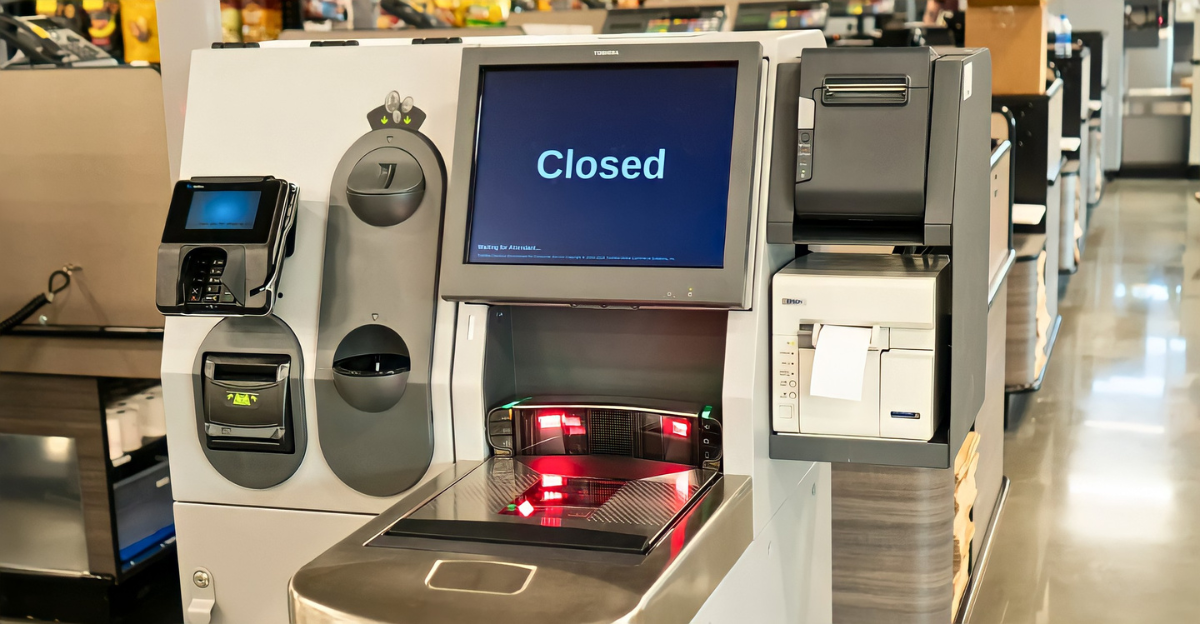
When self-checkout first started gracing retail stores across the country, many Americans thought it would be the way of the future. However, after many companies saw the slough of glitches resulting in unhappy customers, coupled with unprecedented shrinkage, they started quietly removing kiosks, capping items at checkouts, or converting machines to “assisted lanes.”
While it might be these businesses’ best bet in the short term, it’s taken many shoppers who grew accustomed to the convenience by surprise. Here are giant U.S. chains that are rolling back self-checkout systems in 2025.
Amazon Fresh
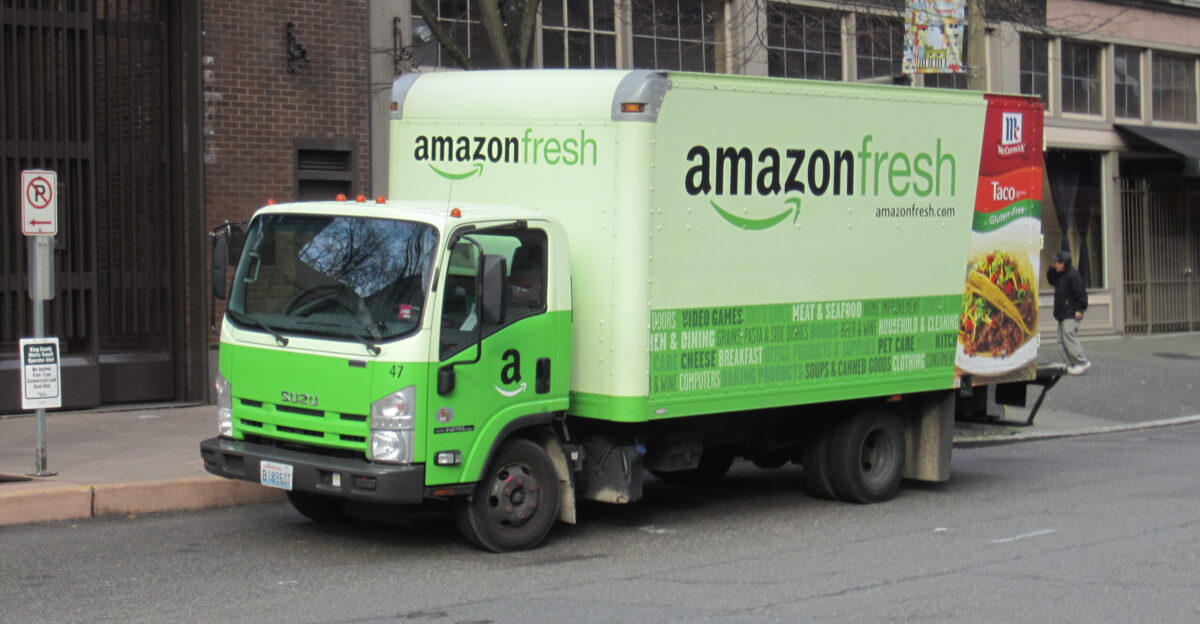
Amazon Fresh has marketed its “Just Walk Out” systems as a convenient and hassle-free way to purchase items, but is now rolling them back and replacing them with Dash Carts after reported shrinkage.
Amazon’s pivot to Dash Carts with real-time subtotals and digital coupons reflects a realization: full automation is neither seamless nor invisible. The reversal turns a splashy AI showcase into a cautionary tale about hidden human toil.
Walmart
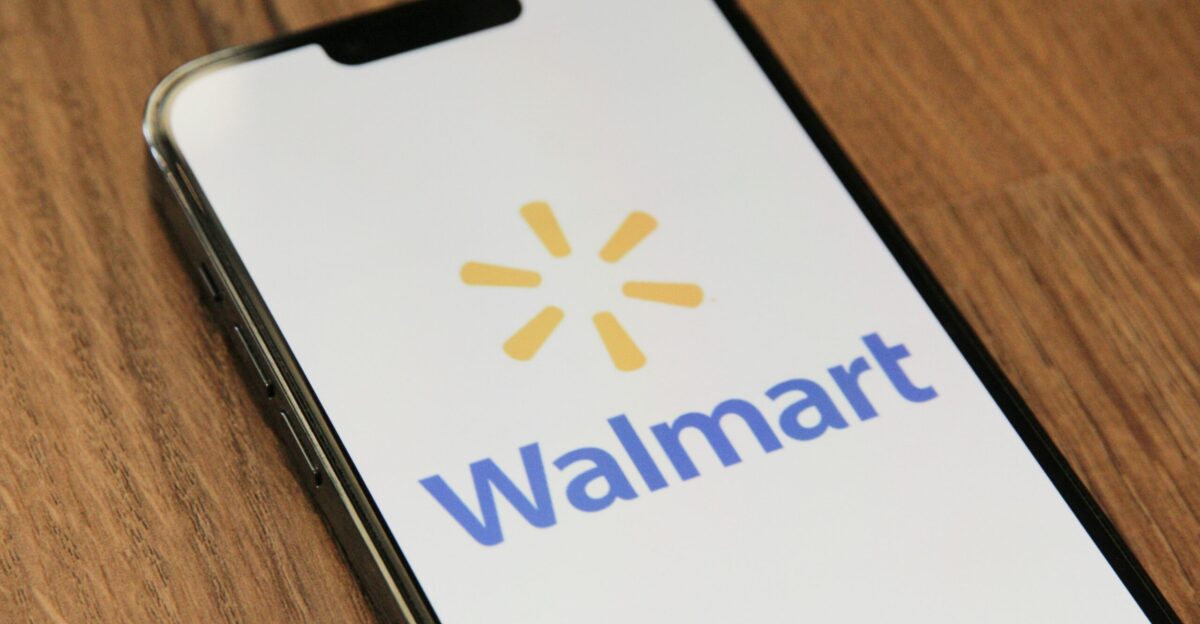
Walmart invested significant infrastructure into self-checkout bays across the country, but now is reverting the service in favor of full-service tills at Supercenters in Shrewsbury, MO, Cleveland, OH, and numerous Albuquerque stores.
This came after consumer backlash and record money loss through system error and accidental or intentional theft. At one Shrewsbury Supercenter alone, police calls plunged from 509 to 183 between January and May periods of consecutive years, when self-checkout bays were removed—a 64% swing local officers call “huge.”
Target
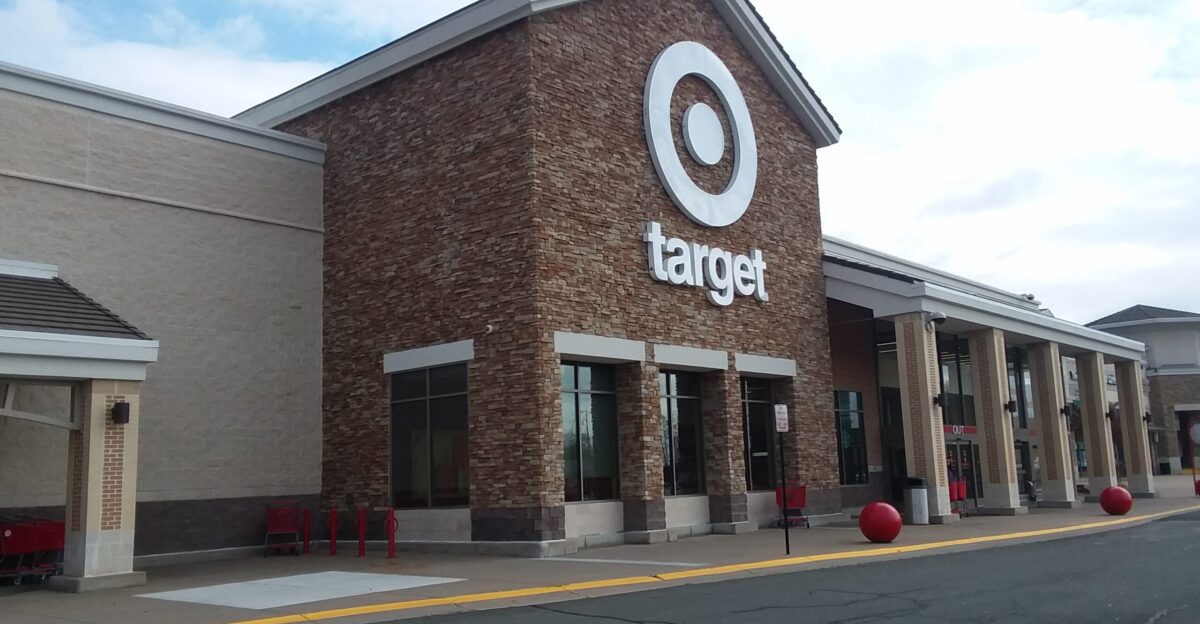
Target has already closed nine locations that were experiencing unprecedented shrinkage. Now, they looked at other stores with self-checkouts and, in an effort to reduce shrinkage, have capped shoppers to purchasing just ten items or less in these aisles.
This has led to frustration by shoppers, and after Target reassesses shrinkage with the new policy, consumers might lose the benefit from self-checkout altogether.
Safeway
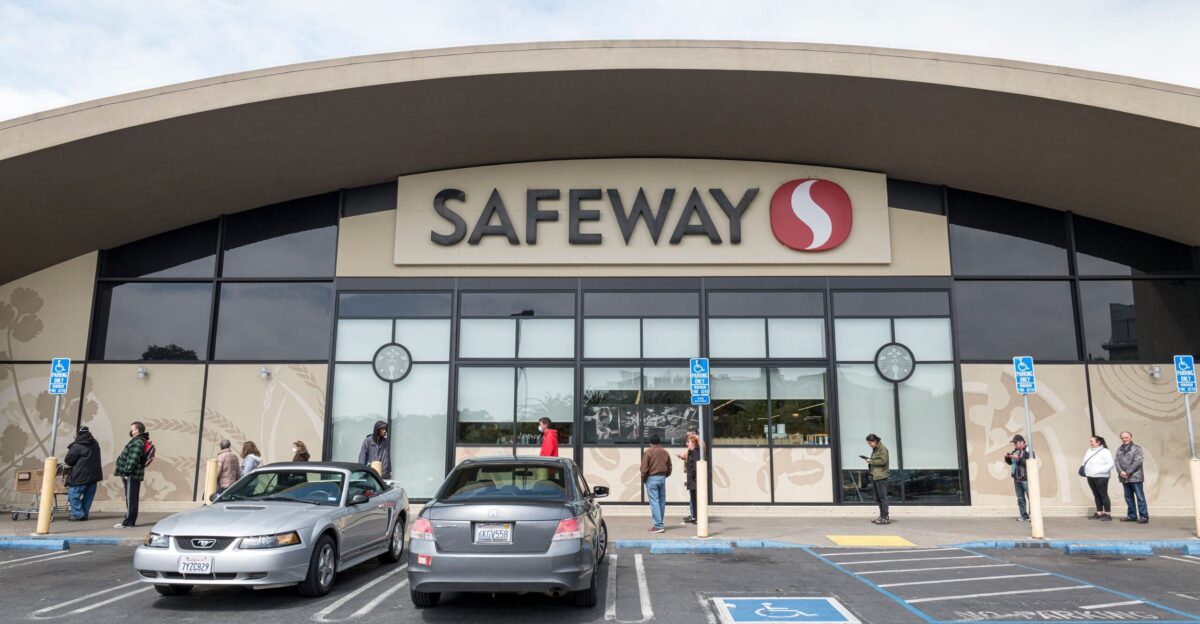
Safeway has been experiencing self-checkout kiosks becoming unprofitable in certain Bay Area stores, citing “escalating theft.”
Stores have implemented new layouts that replace the self-checkout machines with security cameras aimed at deterring theft. Shoppers will now experience fewer self-checkouts and more surveillance overhead.
Costco
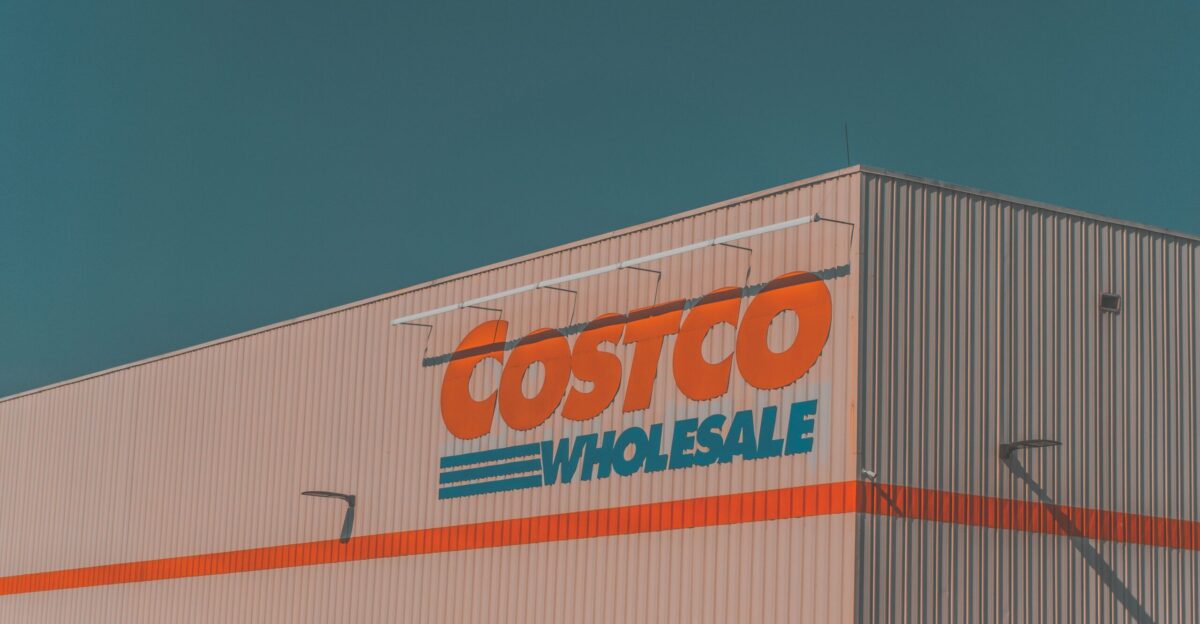
Costco has set up staff at every kiosk and is testing a full pullout by 2025. The chain has cited misuse of membership that has resulted in around $40 million in lost margins in 2024, according to analysts reporting to Retail Drive.
The warehouse club’s labor-first stance throws down a gauntlet at rival Sam’s Club, whose Scan & Go app now looks riskier by comparison.
Dollar General
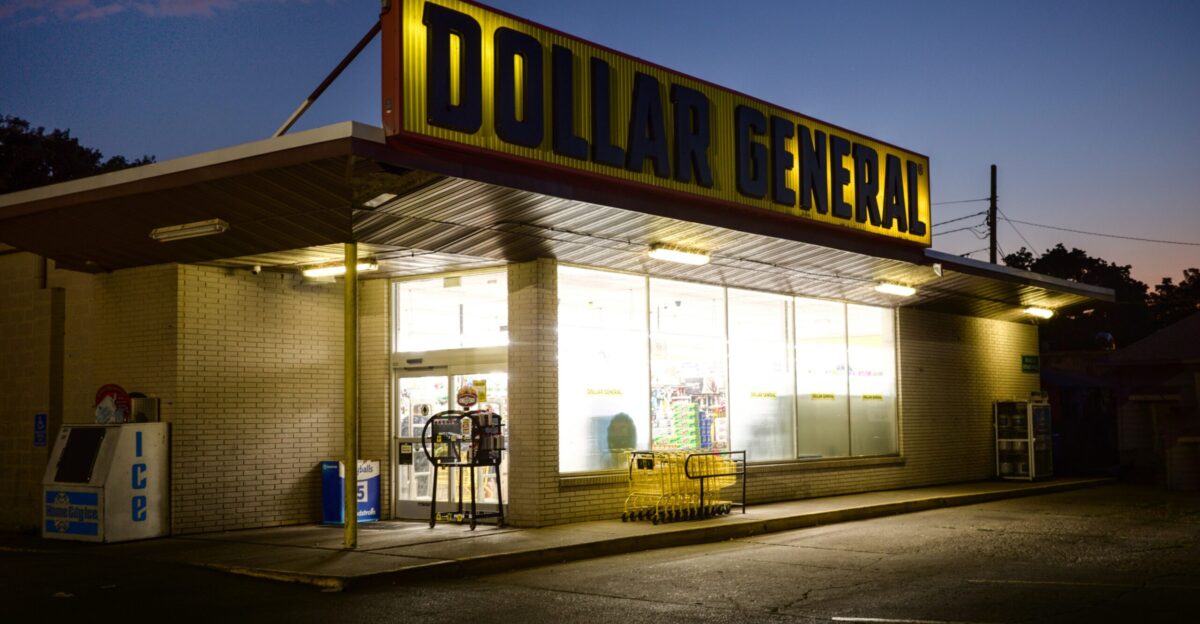
Dollar General is removing self-checkout aisles in 300 high-shrinkage stores across the U.S. and converting 9,000 lanes to “assisted mode,” CEO Todd Vasos revealed on an earnings call summarized by NACS.
Dollar General’s decision has highlighted how self-checkout integration issues hits the hardest in rural towns where there are fewer choices, turning convenience into community liability.
Wegmans
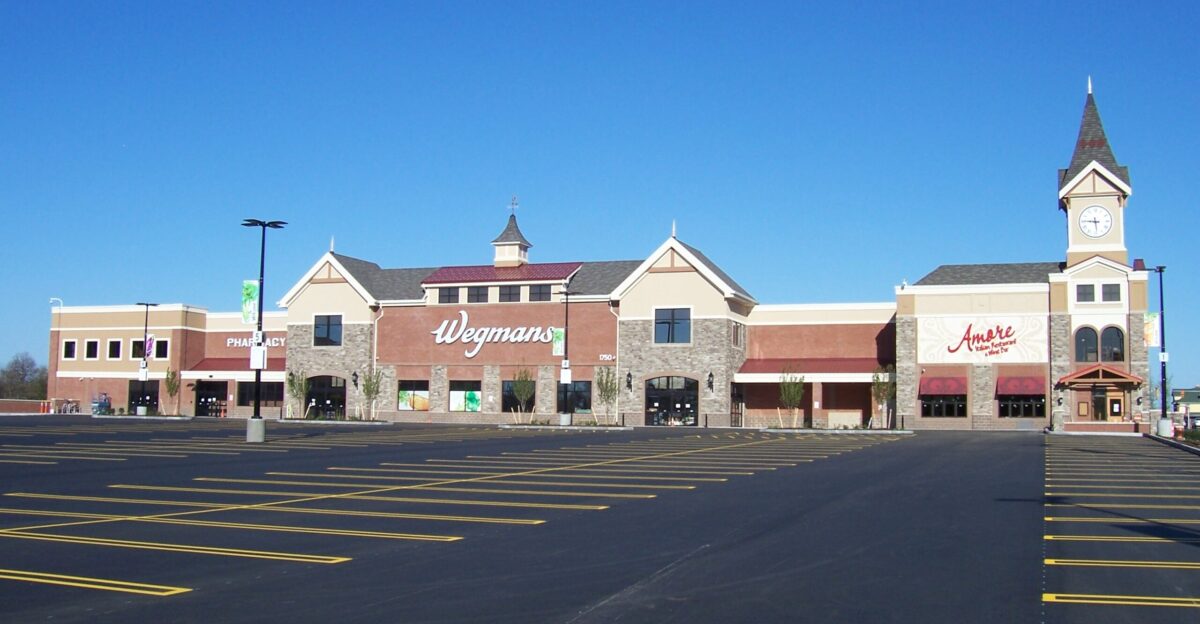
Wegmans has had a troubled past with its SCAN app after reporting substantial losses in 2022 that were so unprecedented, the chain issued every user a $20 credit and a public apology, according to internal memos.
For an upscale grocer famed for service, the tech stumble supplies a dramatic “luxury meets leakage” narrative—proof that even cult brands can bleed margin through BYO-scanning.
Kroger
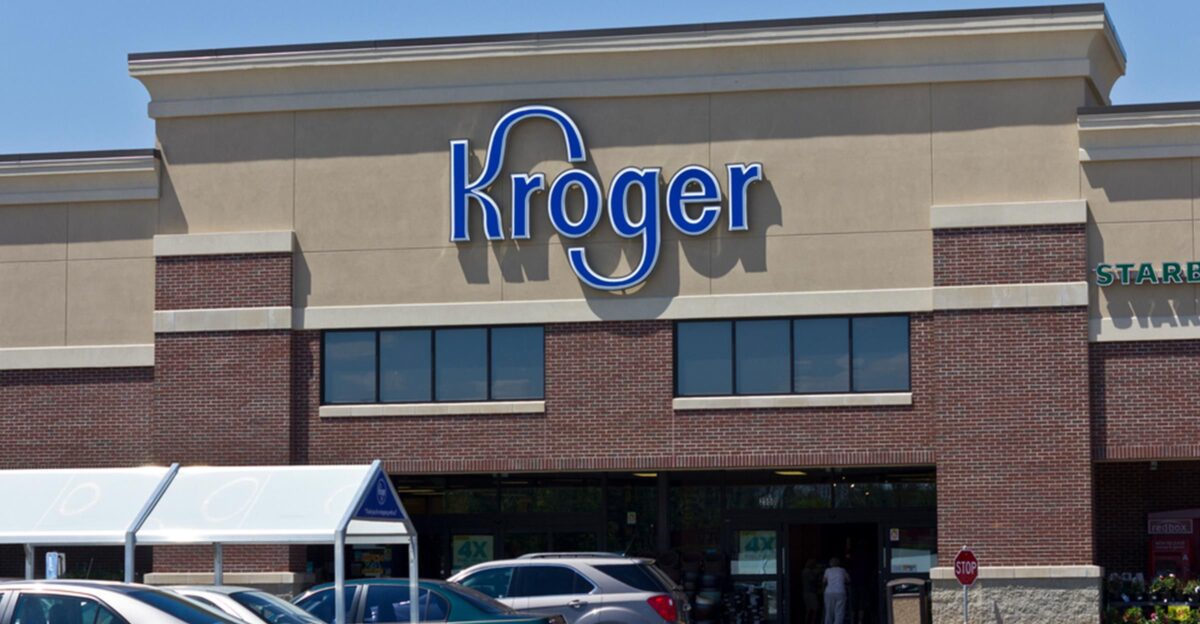
Kroger had big ambitions in self-checkout aisles and set up a test store in Tennessee in 2023. However, with the year, systems were reversed as consumer complaints rolled in about inefficiency and staff attrition.
The hybrid model was meant to offer more convenience than ever before, but executives told analysts the hybrid model “didn’t deliver the throughput we expected.”
Home Depot
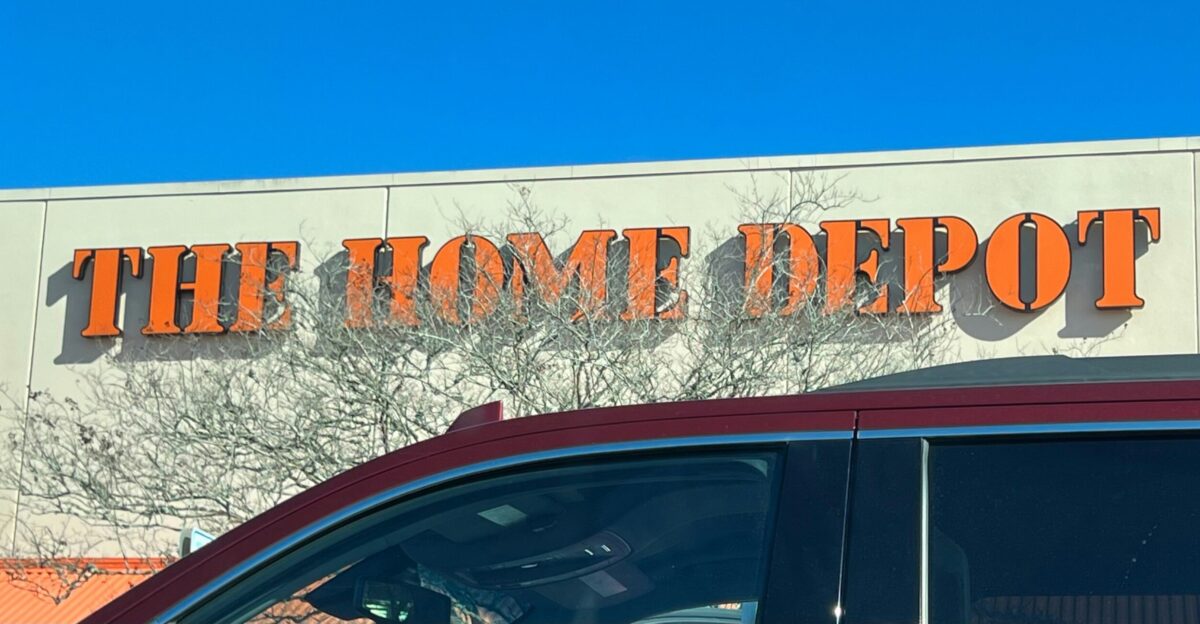
Home Depot has shoppers’ carts has introduced anti-theft measures, with wheel-locking on carts, they remain locked until a cashier can override them. The chain has reclassified old kiosks as assisted lanes, supply-chain insiders told Forbes.
Home Depot’s message has always been about DIY, but while customers have the autonomy to mix their own paint, they can’t checkout their items unless there’s staff to help them.
Publix
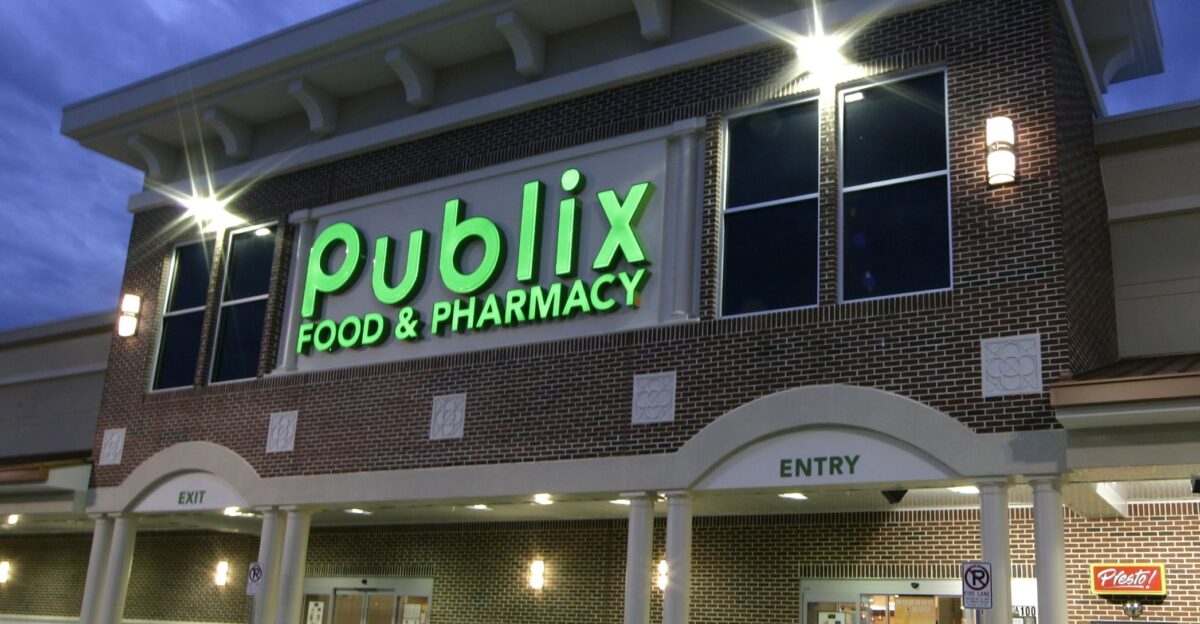
According to filings covered by local ABC stations, An early 2025 class-action suit claims Publix self-checkout scales inflated promo-priced produce, and plaintiffs seek an injunction to suspend the kiosks pending audit.
While the legal matter is ongoing, the result could end in the shut down of kiosks.
Sam’s Club
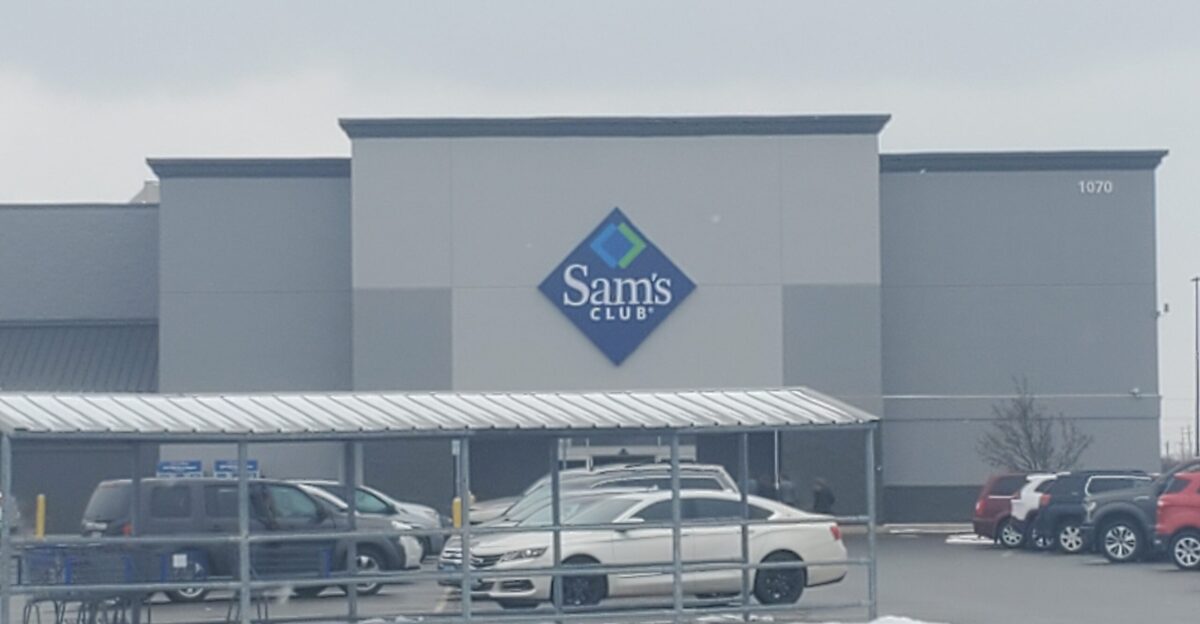
The warehouse giant will remove every staffed and self-checkout lane from its 600 clubs, forcing members to use the Scan & Go app and new AI-powered exit gates, a remodel executives outlined at its April 2025 Investor Day.
By leaning on membership data, Sam’s Club hopes to dodge the shrink that crippled rival kiosks.
Five Below
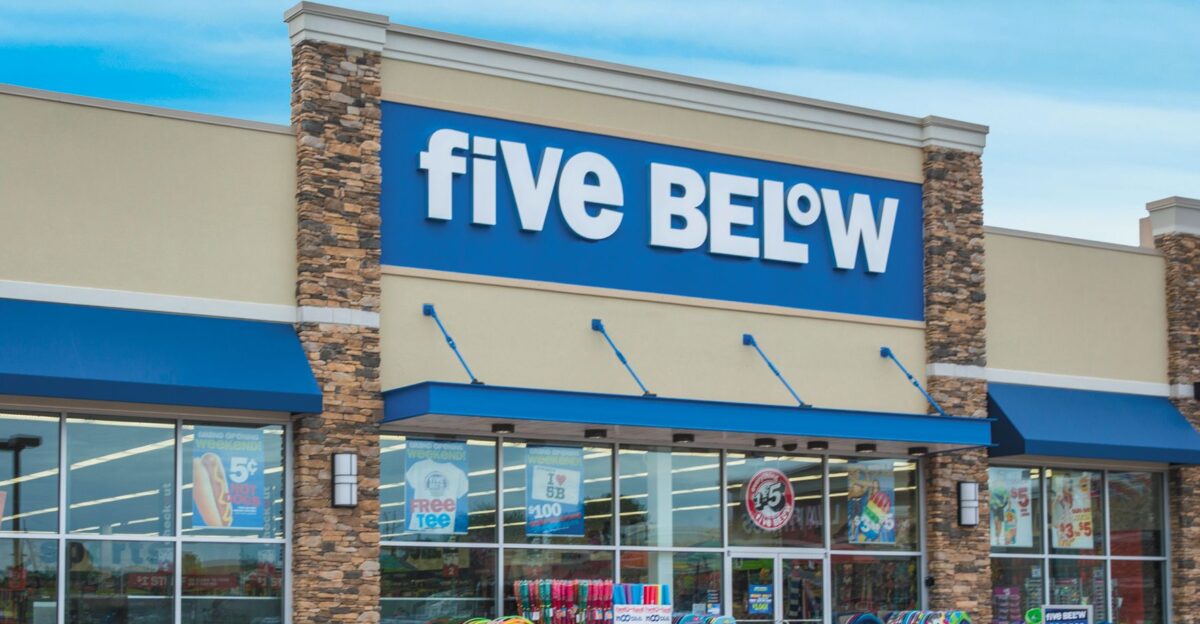
Five Below has converted 75% of transactions to associate-led checkout, aiming for 100% staff assistance at high-shrink locations.
CEO Joel Anderson revealed that scaling back self-checkout proved most effective among all theft-mitigation strategies, including receipt checks and security guards.
Giant Eagle

Giant Eagle has limited self-checkout hours to 8 AM to 8 PM across multiple Pennsylvania locations while testing item limits at select Westview, Leetsdale, and Century Plaza stores.
The regional chain requires loyalty cardholders to access remaining self-checkout stations, effectively using membership as a theft deterrent while gathering transaction data on every scan.
ShopRite

ShopRite Delaware stores returned dedicated full-service checkout lanes after customer backlash against their self-checkout expansion.
The “You asked. We listened” campaign acknowledges their pandemic-era shift to predominantly self-service frustrated shoppers who preferred human cashiers.
Walgreens
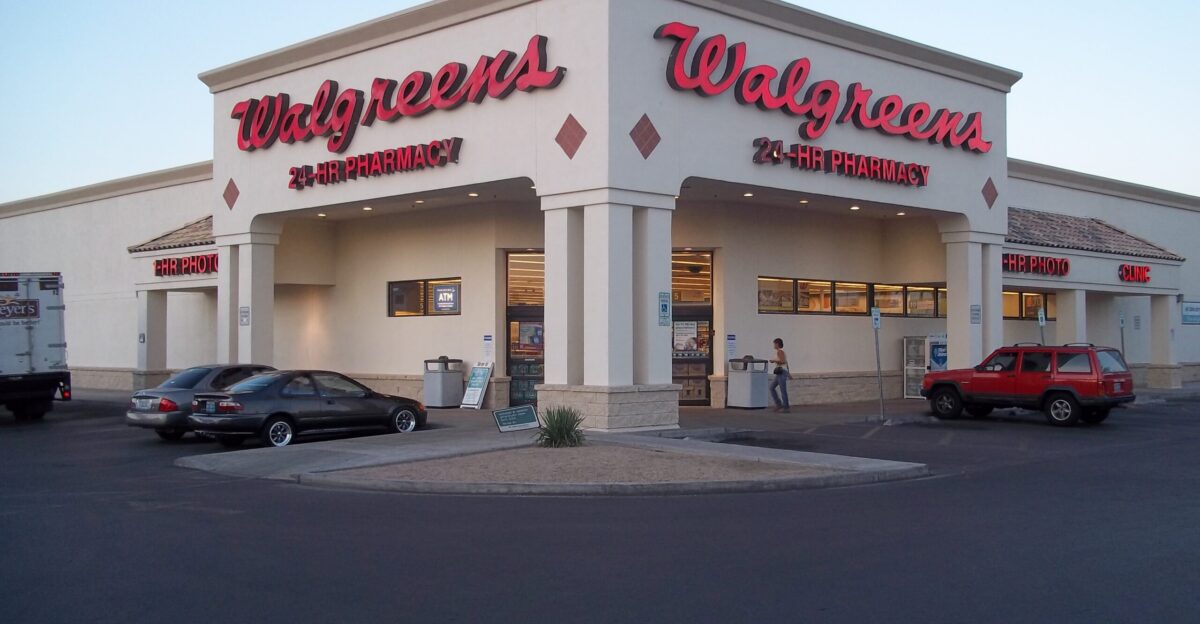
Walgreens has quietly removed self-checkout bays from select high-shrink stores—including locations in Chicago and Francisco—reverting lanes to full-service registers while steering shoppers to staffed digital-order kiosks, according to Supermarket News’ industry roundup of recent kiosk removals.
Managers said rampant theft was erasing any labor savings, so live cashiers are back on duty to watch every scan.
Giant Food
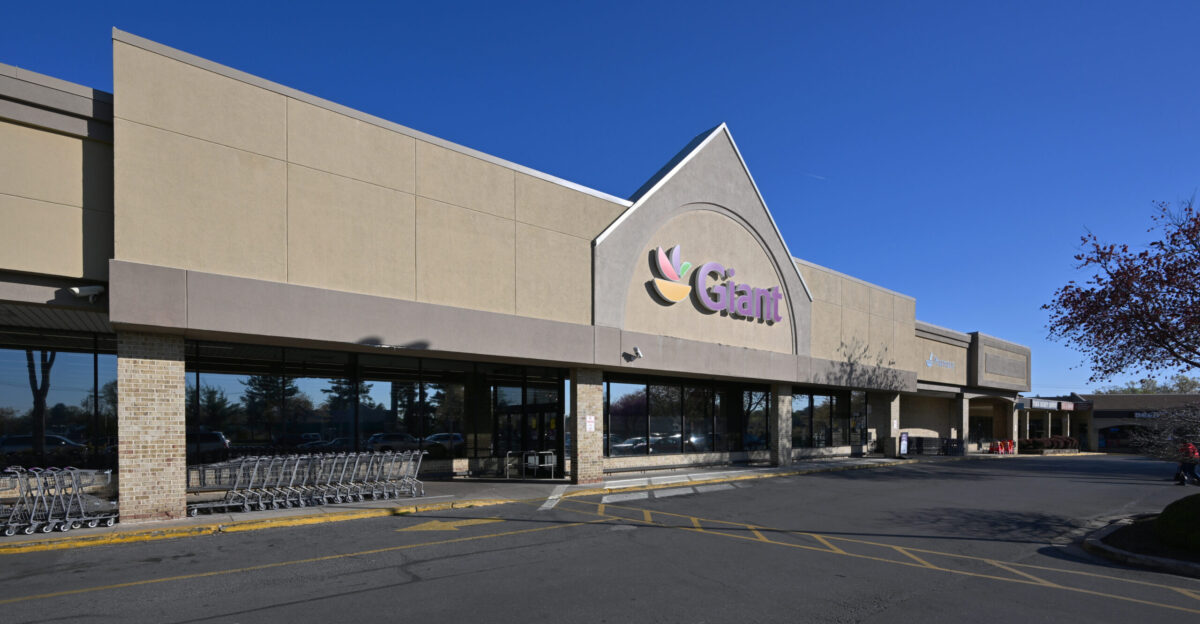
President Ira Kress warned shoppers in posted letters that D.C.-area Giant Food stores now cap kiosks at 20 items and add exit audits, citing “significant increases in crime and theft” over three years.
The memo frames the policy as necessary to “prioritize safety” for customers and staff.
Stop & Shop
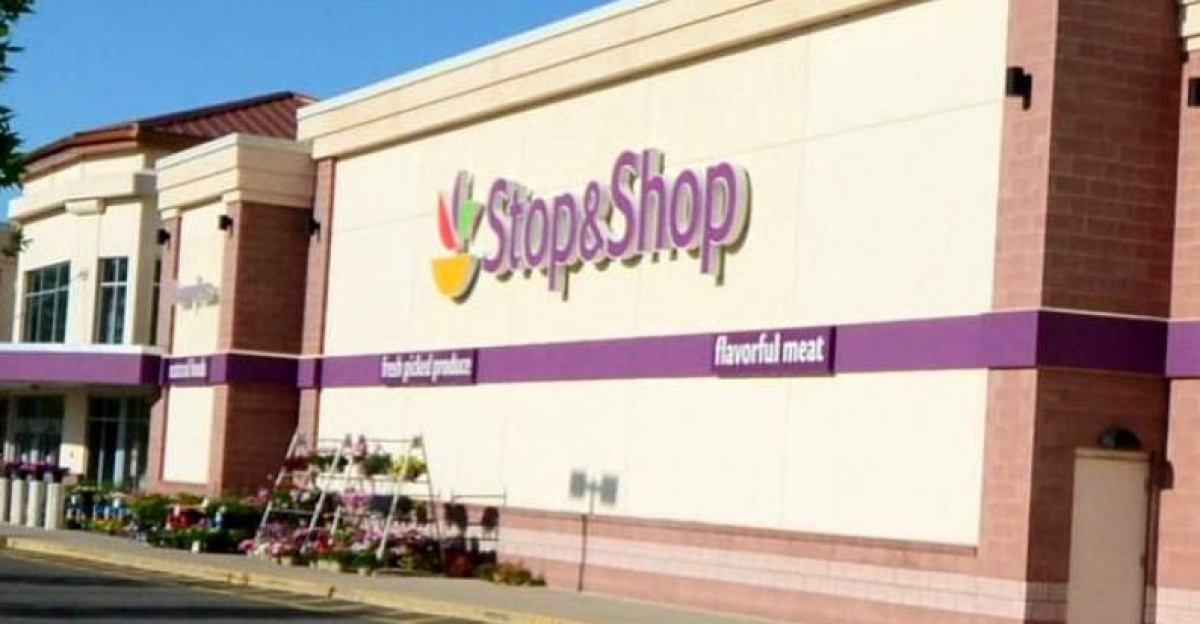
Shoppers at Stop & Shop report checkout scales locking for trivial weight differences and replaying overhead video before an attendant clears the lane; clerks confirm new software made sensors “much more sensitive,” Reddit threads and local CT coverage noted in March 2024.
The tweak aims to curb mis-scans but often halts the line, creating a frustrating consumer experience as lines become longer and more time is spent inside stores.
Hy-Vee
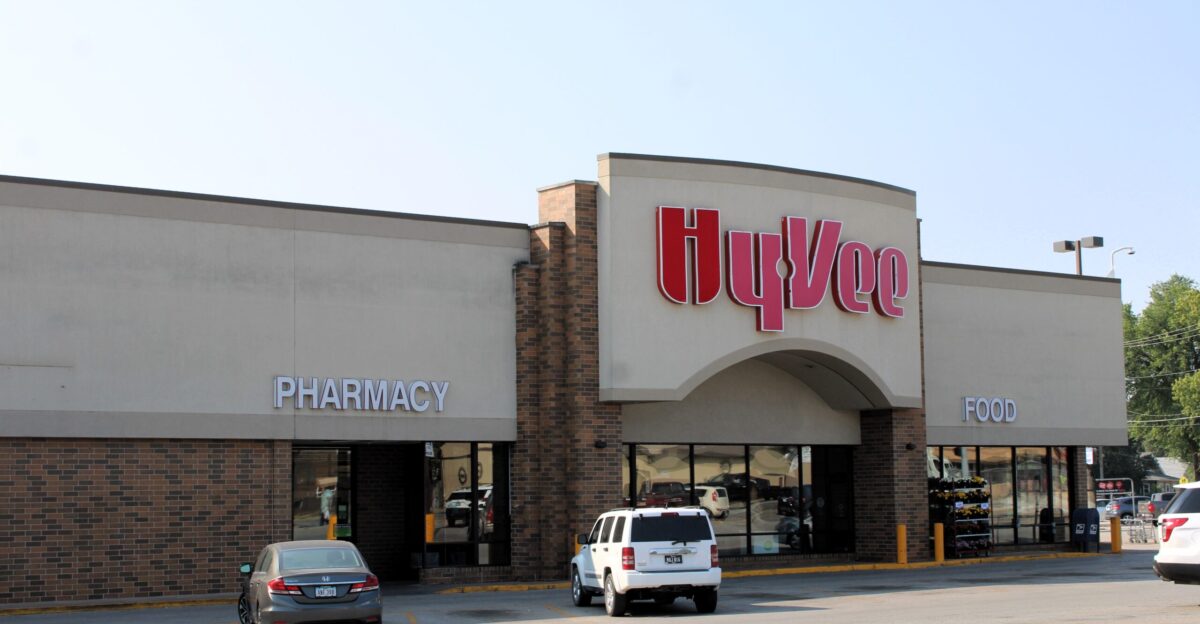
Spokesperson Tina Potthoff said select Midwest stores are phasing out self-checkout to “bring back the face-to-face interaction we had pre-COVID-19,” Taste of Country reported in November 2024.
Locations keeping kiosks rebrand them as express lanes with 12-item limits, trading automation for service.
Meijer
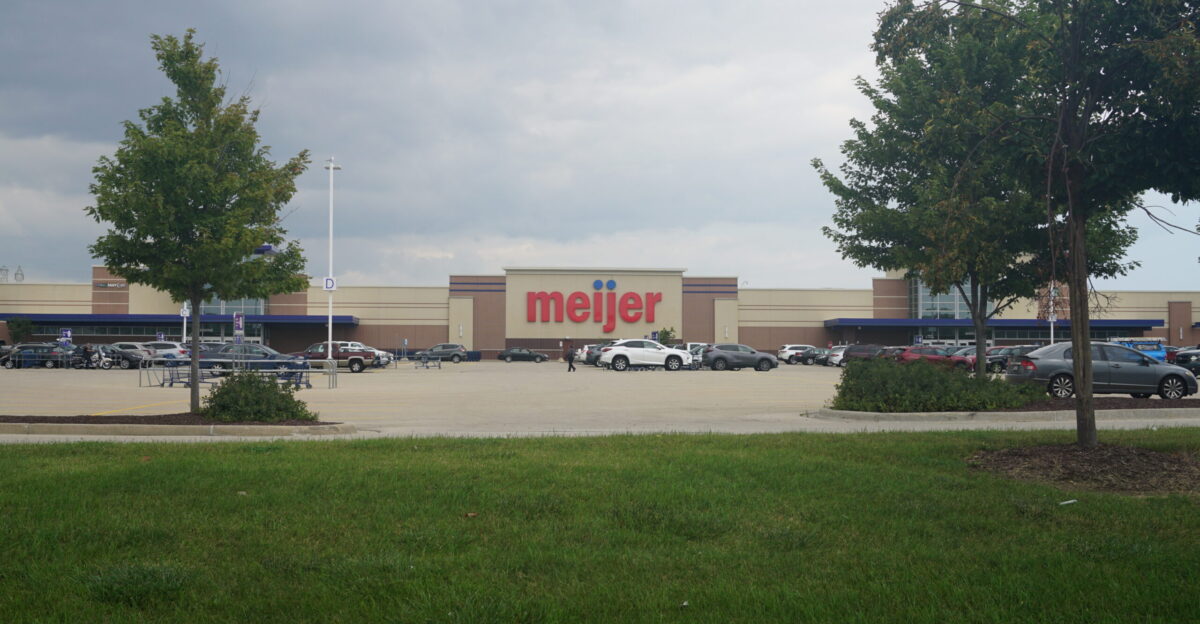
Grocery Dive noted Meijer posts “20 items or fewer” signs at kiosks yet instructs staff not to enforce the rule strictly, creating a symbolic nudge rather than confrontation.
Employees debate the policy’s value, illustrating how soft limits can placate shoppers without sparking aisle-side arguments.
CVS Pharmacy

Fortune first reported that Several Boston-area CVS stores removed self-checkout entirely after chronic coupon mis-scans and device failures, which Retail Dive later confirmed in a chain statement.
CVS says decisions are “location-specific,” but the rollback shows drugstores aren’t immune to kiosk fatigue.